Japan and the ambition to revive the semiconductor industry
Japan's semiconductor industry flourished during the 1970s to 1990s.
The value of semiconductor production alone on Kyushu Island - known as Japan's " Silicon Island " - reached a record high of 1,392.4 billion Yen in 2000.
However, the rise of Korean manufacturers and cyclical volatility have sent the country's semiconductor industry into a tailspin.
Technicians work at a semiconductor facility in Japan. Photo: TerraProbe
In that context, the Japanese Government has implemented a strategy to revive the semiconductor industry with the goal of increasing the total revenue of the domestic semiconductor industry from 5,000 billion Yen in 2020 to 15,000 billion Yen in 2030.
This strategy is divided into 3 phases. In the first phase, Japan will ensure the production platform of advanced semiconductors for artificial intelligence and IoT domestically.
In phase 2, Japan will strengthen its ties with the US to research next-generation semiconductor technology. In phase 3, the country will realize and apply future technologies through global cooperation.
In fact, in the first 3 years of the strategy, from 2021, Japan has allocated a budget of up to 4,000 billion Yen to serve the development of the semiconductor industry.
These investments are showing initial positive signs as Japan's semiconductor industry is gradually growing again.
Semiconductor production value in Kyushu island alone in 2023 reached 1,153.4 billion yen, surpassing the 1,000 billion yen mark for the first time in 16 years.
It is expected that in the period from 2024 to 2030, the Japanese Government's budget for the development of the semiconductor industry will continue to increase and reach 10,000 billion Yen.
Japan's "thirst" for semiconductor human resources
According to Mr. Ataguchi, representative of the Kyushu Department of Economy , Industry and Trade (under the Japanese Ministry of Economy, Industry and Trade), with the support of the government, there is currently a wave of investment in Kyushu in the semiconductor industry.
A survey shows that within the next 10 years, Japan's semiconductor industry capital will attract up to 6,200 billion yen in investment in semiconductor-related equipment.
However, the attractiveness of the semiconductor industry to Japanese students is not high, along with a lack of information about the industry and a lack of practical facilities for experience.
Therefore, Japan's "Silicon Island" is predicted to have a serious shortage of semiconductor human resources in the future.
Wafer inspection at a factory in Japan. Photo: YKC
Japan's Ministry of Economy, Trade and Industry predicts that from now until 2032, the Japanese semiconductor industry, in Kyushu alone, will be short of about 1,000 people per year in both the short and medium term.
The professions with growing shortages are operators and production engineers, as well as research and development (R&D) departments.
Faced with the need to develop the semiconductor industry, many Japanese businesses, organizations and educational institutions are making efforts to promote the diversification of human resources for this industry.
This is also the reason why Japanese business delegations come to visit and study semiconductor human resources in Vietnam to seek cooperation opportunities.
Mr. Ataguchi said that the requirement that Japanese semiconductor companies need from their workers is a solid knowledge foundation in the fields of electricity, electronics, information, machinery, chemistry, materials, finance, business, etc.
For those working in research and development positions, they must have programming skills, knowledge of materials engineering, and other practical skills and experience.
According to Mr. Ishikawa Isamu, Deputy Ambassador of Japan to Vietnam, the semiconductor industry in the Kyushu region (Japan) is entering a period of strong development. This is where more than half of the total value of integrated circuit production in Japan is concentrated.
The Deputy Ambassador of Japan to Vietnam said that cooperation in human resource training between Vietnam and Japan will benefit both sides, because Vietnam possesses quality human resources in technical fields, while Japan is a country with a strongly developed semiconductor industry.
Source: https://vietnamnet.vn/vi-sao-nhat-ban-khat-nguon-nhan-luc-ban-dan-viet-nam-2375367.html


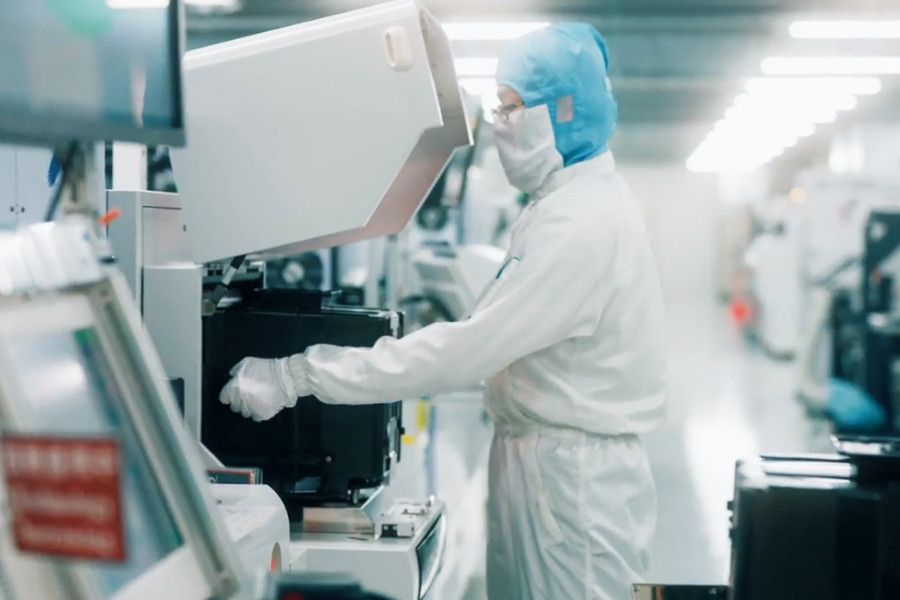

![[Photo] Closing of the 13th Conference of the 13th Party Central Committee](https://vphoto.vietnam.vn/thumb/1200x675/vietnam/resource/IMAGE/2025/10/08/1759893763535_ndo_br_a3-bnd-2504-jpg.webp)


























































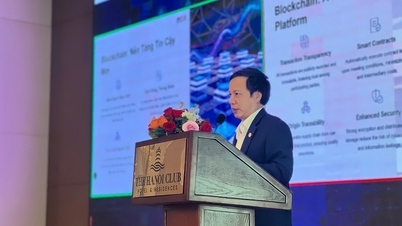














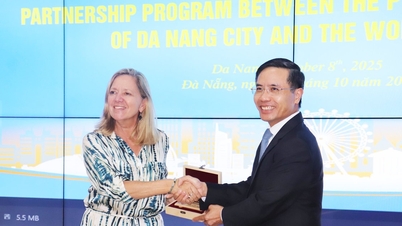




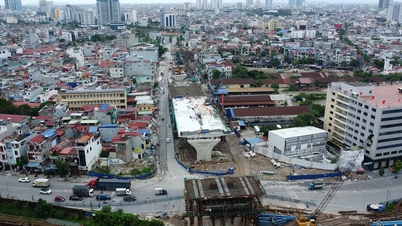

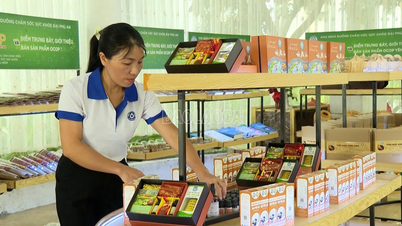











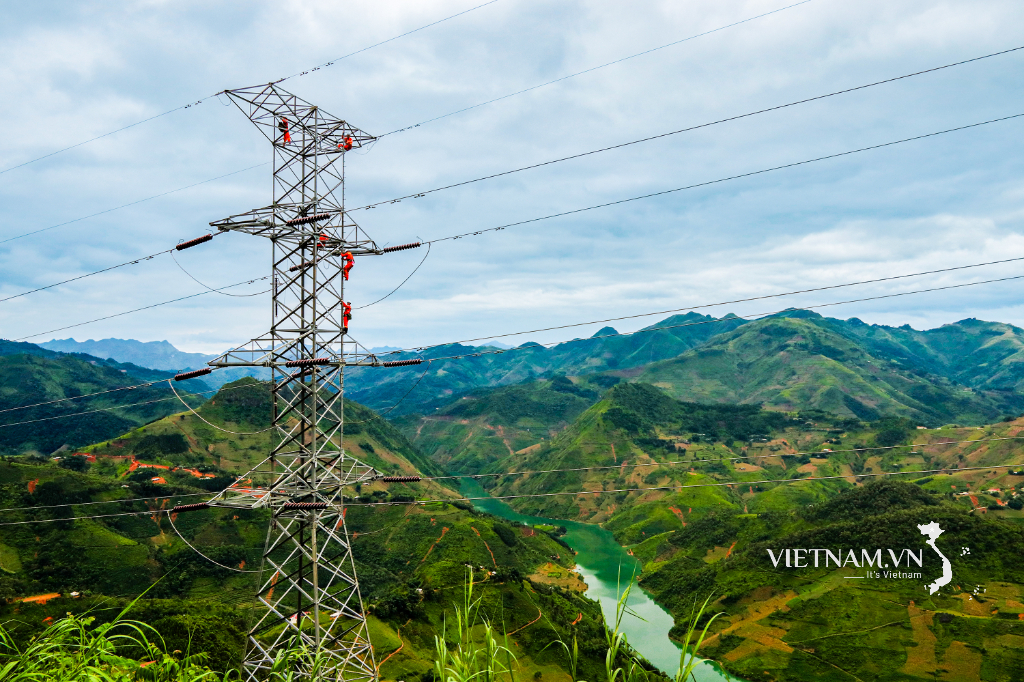



Comment (0)